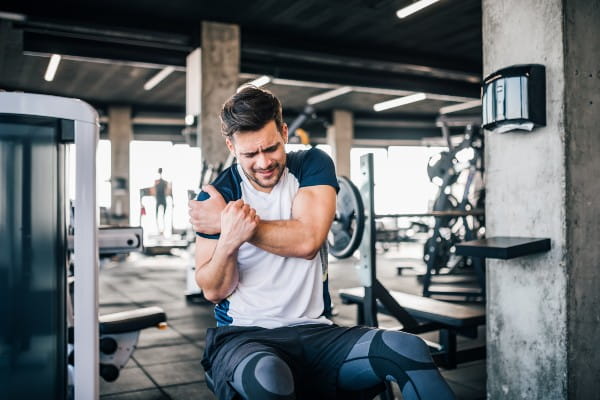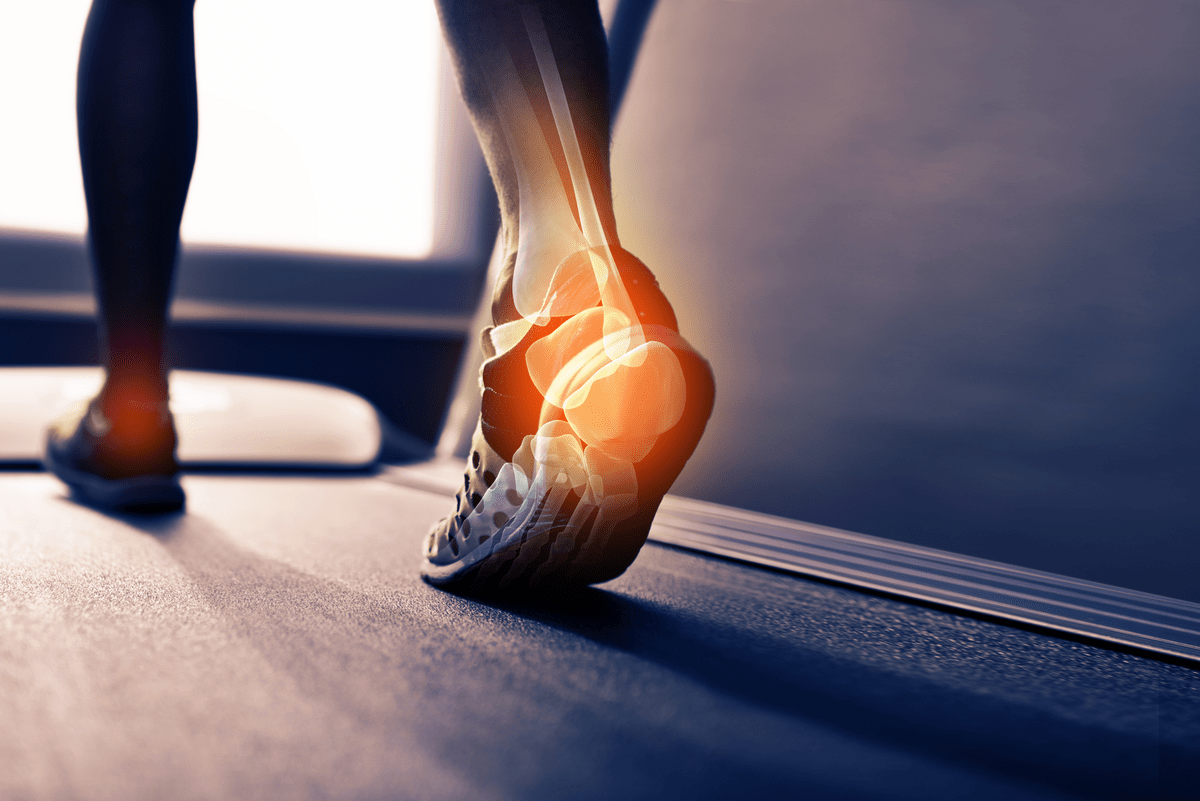With their ball and socket joints, our hips give us a wide range of motion to walk, exercise, stretch and even sit comfortably.
Muscles, ligaments and tendons stabilize hips. However, as major weight-bearing joints, hips experience additional stress that can irritate support structures, as well as the bone itself.
“A hip fracture from a fall or accident requires immediate medical attention,” says Dr. Daniel Valaik, a fellowship-trained orthopedic surgeon with Riverside Orthopedic & Sports Medicine Specialists, who specializes in total joint replacements of hips and knees. “Some aches and pains may get better with home treatment. Others may call for medication, physical therapy or surgery.”
What causes hip pain?
“Hip pain can start for many reasons,” says Dr. Valaik. “The pain can radiate outside the hip or you may feel it in the thigh, groin, knee or buttock.”
Some conditions that lead to hip pain include:
- Bursitis – The hip has two bursae, which are small, jelly-like sacs between bones and soft tissues that act as cushions to help reduce friction. When bursa are inflamed, pain can be felt at the outer, bony point of the hip or the groin area.
- Fractures – People with osteoporosis, or weakened bones, are at a higher risk of a bone fracture. Cancer treatment and stress injuries can also cause a hip fracture.
- Osteoarthritis – Osteoarthritis occurs when cartilage that cushions bones wears away. Eventually, bones and joints may rub directly against each other. Symptoms of arthritis include pain and stiffness of the joint. Pain can also be felt in the groin, inner thigh, buttocks or knees.
-
Strains – Muscle, tendon or ligament strains or tears can occur, mainly through sports and overuse. You can be susceptible to hip strain after:
- Suffering a prior injury in the same area
- Muscle tightness
- Failing to warm up properly before exercising
- Attempting to do too much, too quickly, when exercising
Treatment options for hip pain
“Treatment for hip pain can range from home remedies to surgery,” says Dr. Valaik. Here are some ways to alleviate hip pain and get to the root of the problem:
- Exercise – Increases muscle strength and range of motion by stretching tendons and ligaments. It can reduce the risk of injuries.
-
Medication –Many classes of medication are prescribed for hip pain including:
- Nonsteroidal anti-inflammatory drugs – Some NSAIDs are over-the-counter. Others require a prescription.
- Corticosteroids – These control inflammation. The medication can be an injection, pill or cream.
- Osteoporosis drugs – These slow bone loss.
- Rest – For conditions like strains or bursitis, try the RICE method for healing:
- Rest from the activity that caused the pain.
- Ice the area.
- Compress or wrap the area or wear compression shorts.
- Elevate the leg so it’s higher than the heart.
- Surgery – Repairing a broken hip or undergoing hip replacement surgery may be necessary for some hip pain.
If your hip pain isn’t caused by an acute injury requiring immediate care, try home care for a month. If pain persists, make an appointment with your primary care provider or one of our orthopedic and sports medicine physicians for the care you need to get back on your feet.



